Keywords: Concern Australia
There are more than 200 results, only the first 200 are displayed here.
-
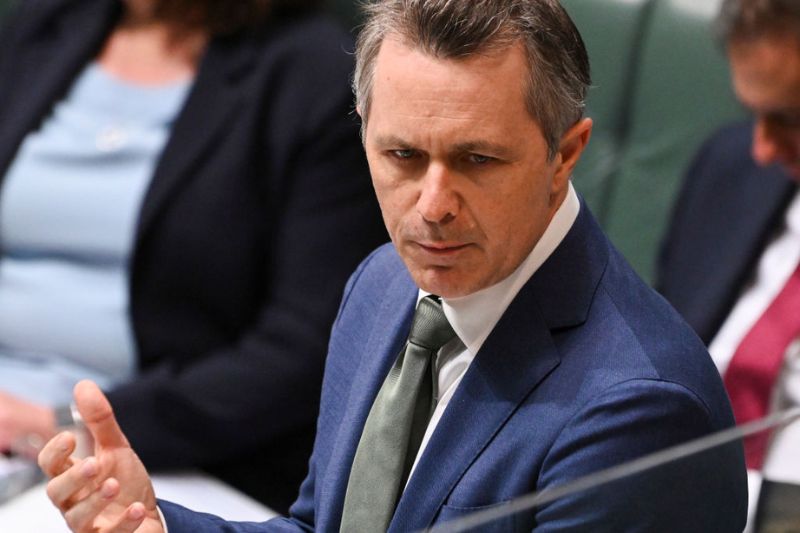
AUSTRALIA
- Binoy Kampmark
- 03 September 2024
The government has imposed a cap on enrolments, sparking controversy among universities. Critics argue this will harm the education sector and exploit foreign students, while supporters believe it will protect the integrity of Australia's education system and address concerns about over-reliance on international student fees.
READ MORE
-
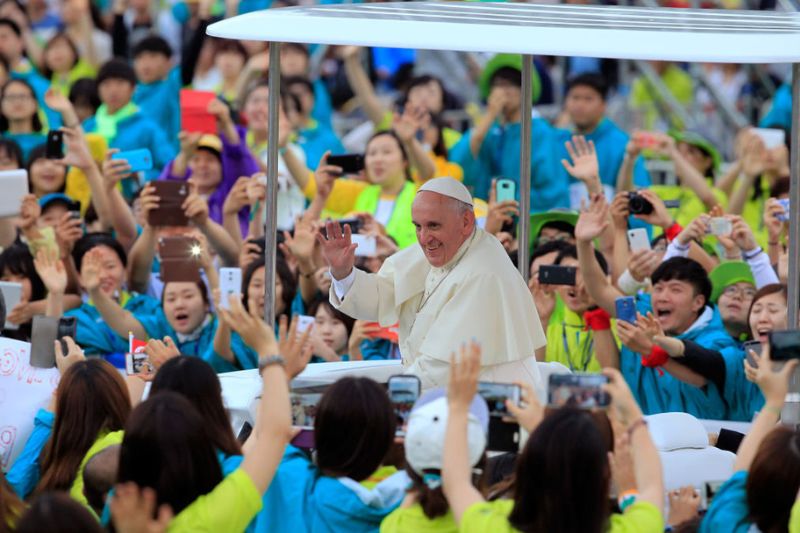
RELIGION
- Andrew Hamilton
- 28 August 2024
As Pope Francis embarks on a demanding tour, skipping Australia to visit smaller marginalised Catholic communities in Indonesia, Timor Leste, Papua New Guinea, he is demonstrating the priority of the Church in reaching out to those on the margins.
READ MORE
-
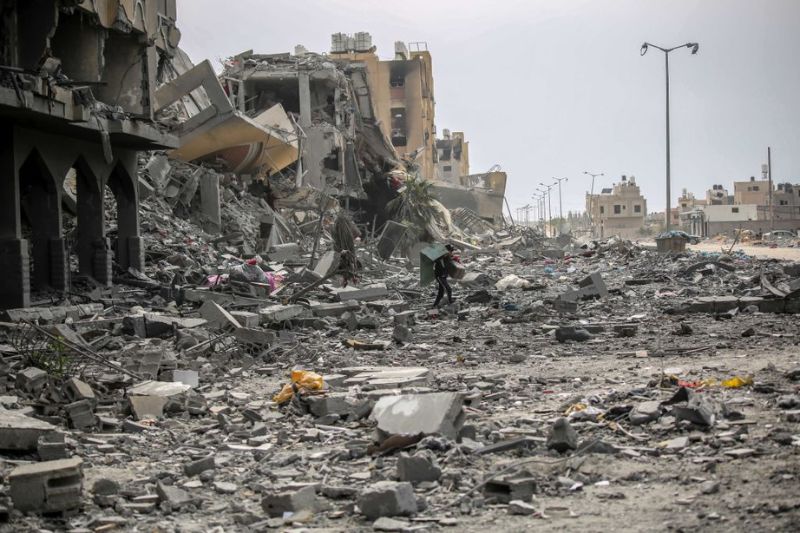
INTERNATIONAL
- Daniel Nellor
- 27 August 2024
Amidst the conflict in Gaza, can ancient moral frameworks guide modern warfare? Nigel Biggar's recent analysis invokes 'Just War Theory', sparking debate on the ethics of Israel's response to Hamas. As casualties rise, questions of proportionality and 'just cause' take on a new significance, challenging leaders and citizens alike to navigate the fraught intersection of security, morality, and human dignity.
READ MORE
-
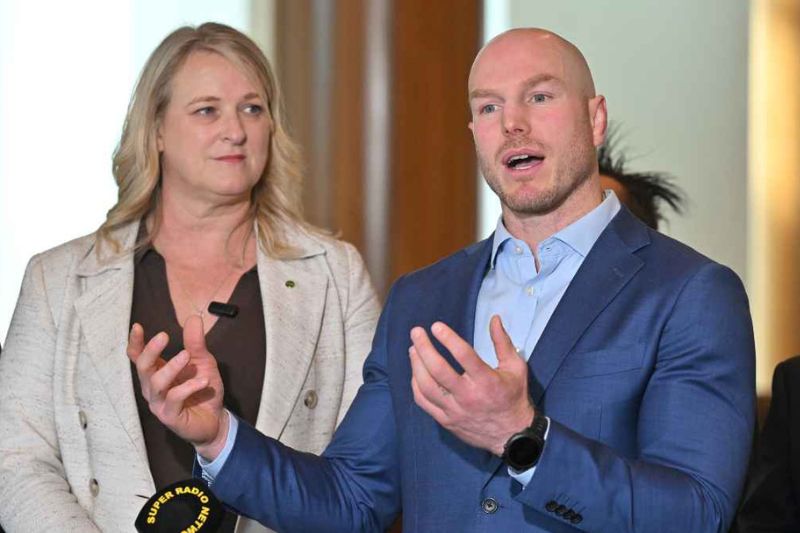
ECONOMICS
- David James
- 23 August 2024
The term 'reform' carries an ambiguous weight. It can signify progress but just as often masks harmful change. Paul Tilley’s Mixed Fortunes explores the messy evolution of Australia's tax system, revealing how reforms, far from delivering clarity or fairness, reflect deeper ideological struggles over power and economy.
READ MORE 
-
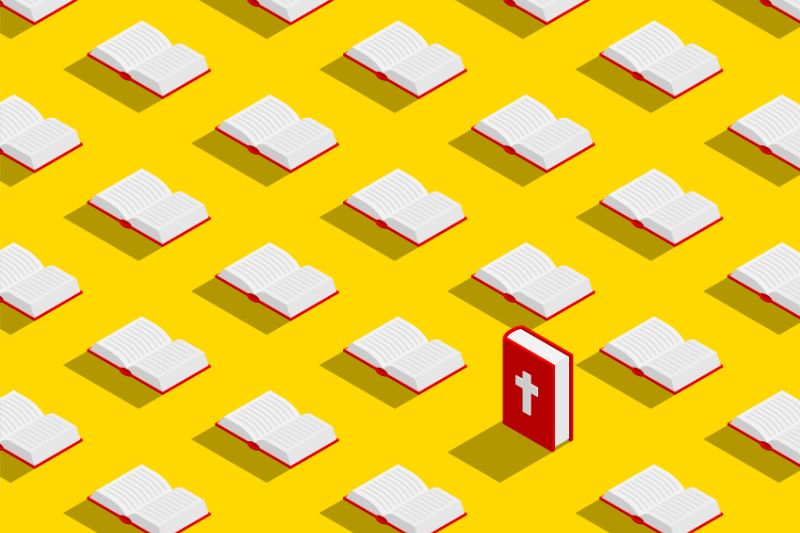
EDUCATION
- Jacinta Collins
- 20 August 2024
As the discourse surrounding religious freedom in Australia becomes increasingly contentious, especially in the context of schooling, we must address the growing perception that holding religious beliefs and values — and making choices based on them — is somehow discriminatory or at odds with modern society.
READ MORE
-

AUSTRALIA
- Michael McVeigh
- 25 July 2024
While proposing broader access to tax deductibility for some charities, the Productivity Commission's new report on charitable giving suggests removing benefits for religious entities. This raises serious questions about the role of religion in fostering charitable giving and the potential consequences of these reforms for Australia's charitable landscape.
READ MORE
-
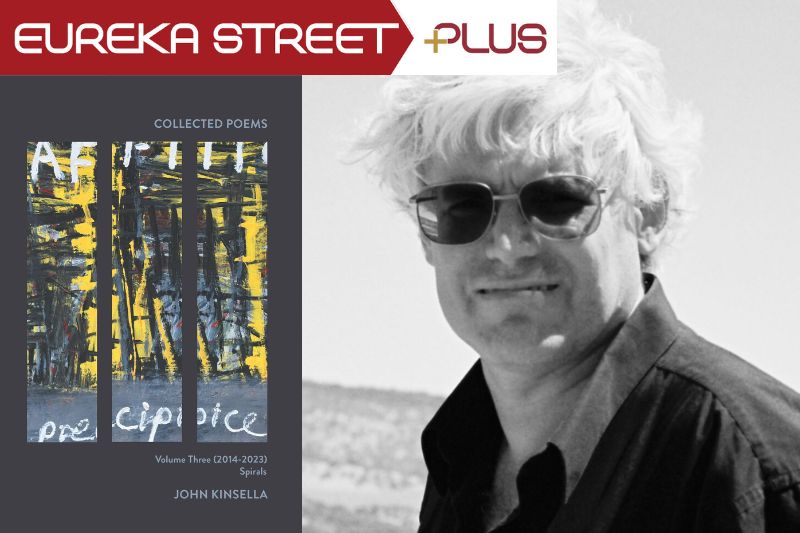
ARTS AND CULTURE
- Andrew Hamilton
- 19 July 2024
The spiral metaphor ties together 800+ pages of lyrical meditations, environmental rage, and historical reflections from Australia’s most celebrated and prolific poets. With powerful social critiques that blur poetry's lines, Kinsella's work rewards close reading with its deep exploration of our connection to a changing world.
READ MORE 
-
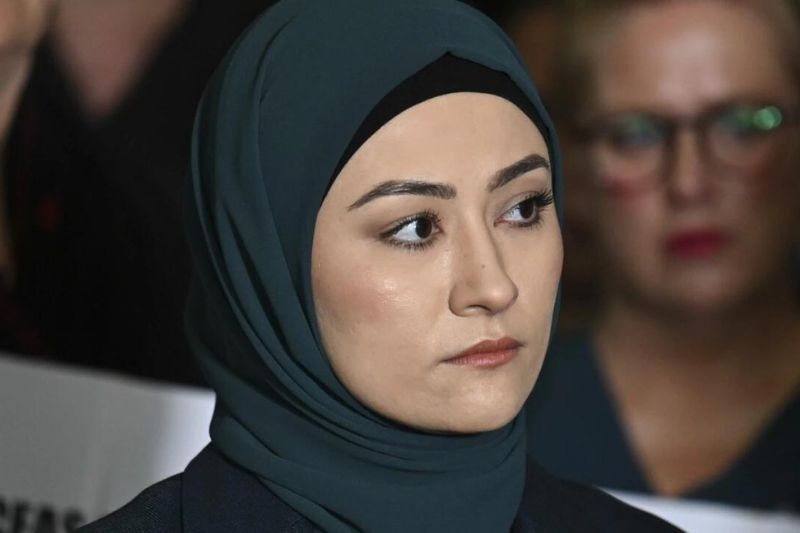
AUSTRALIA
- Binoy Kampmark
- 16 July 2024
Senator Fatima Payman's departure from Labor over a pro-Palestine vote and the emergence of 'The Muslim Vote' have reignited debates about faith in Australian politics. While PM Albanese cautions against religious influence, his stance overlooks the nation's history of faith shaping governance, raising questions about the feasibility of separating belief from policy-making.
READ MORE
-
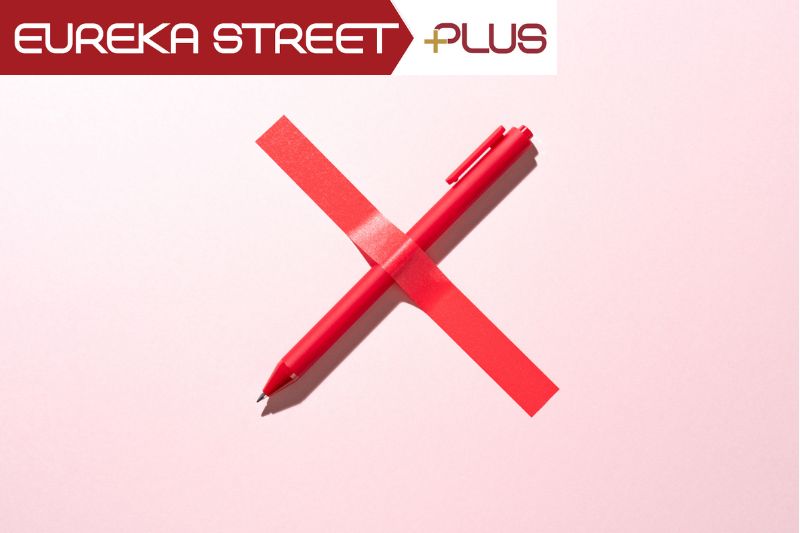
AUSTRALIA
- Kerry Murphy
- 05 July 2024
There is no doubt that laws for determining refugee status and onshore protection are complex. The cases of NZYQ and ASF17 demonstrate that when laws regarding asylum and protection intersect with laws regarding character and protection of the community, the results can be extremely messy.
READ MORE 
-

AUSTRALIA
- Michael McVeigh
- 01 July 2024
Last month, the Australian Catholic Bishops Conference released a pastoral statement on religion and sport. And while commending sport’s ability to promote growth in individuals and foster healthy communities, if sport is to be a field of mission, it should be more willing to dive into those places where the 'bruises' occur.
READ MORE 
-
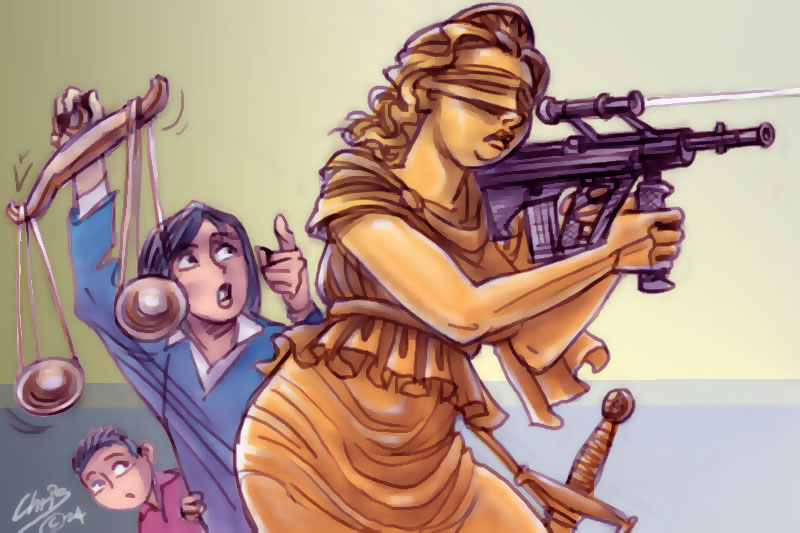
AUSTRALIA
- Binoy Kampmark
- 11 June 2024
Former Australian military lawyer David McBride was convicted for leaking documents to the ABC which exposed war crimes in Afghanistan. He is the sole individual to be convicted in exposing alleged atrocities in the Afghanistan campaign by Australian special forces.
READ MORE
-
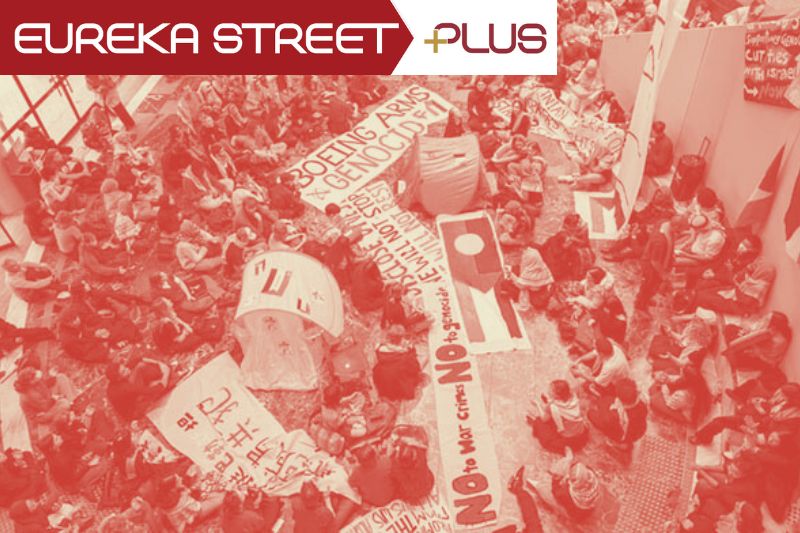
AUSTRALIA
In response to campus protests, universities erred on the side of free speech when every other day, the prevailing ethos is one of ‘safetyism’, namely suppressing speech or inquiry if an identity group frames it as ‘harmful’ to them. Universities should strive to be uncomfortable and ‘unsafe’ for all, with no identity immune from robust scrutiny.
READ MORE 